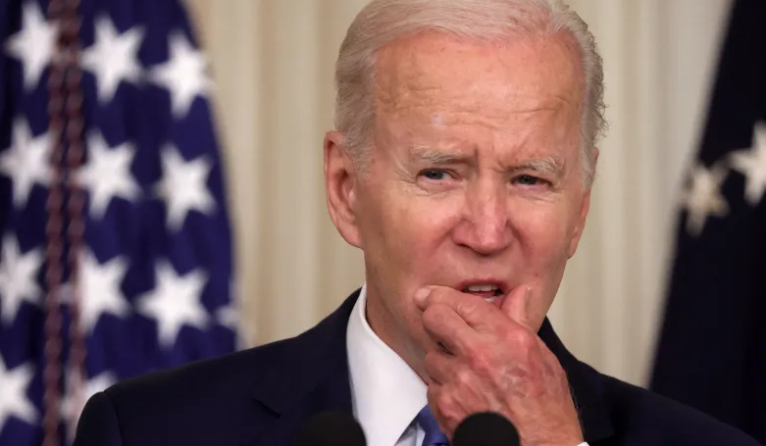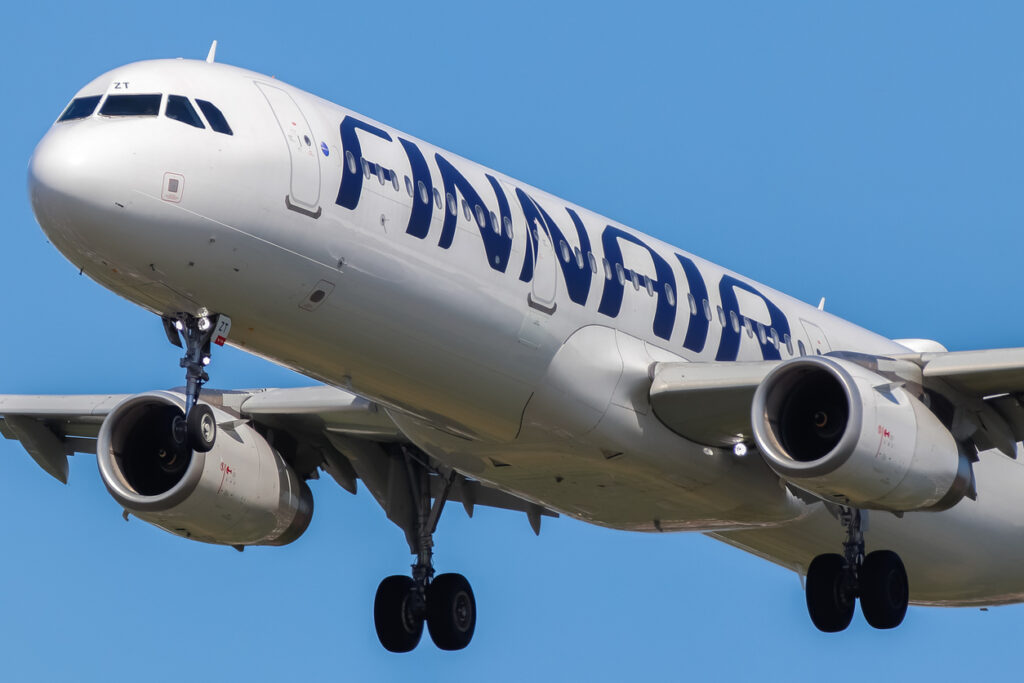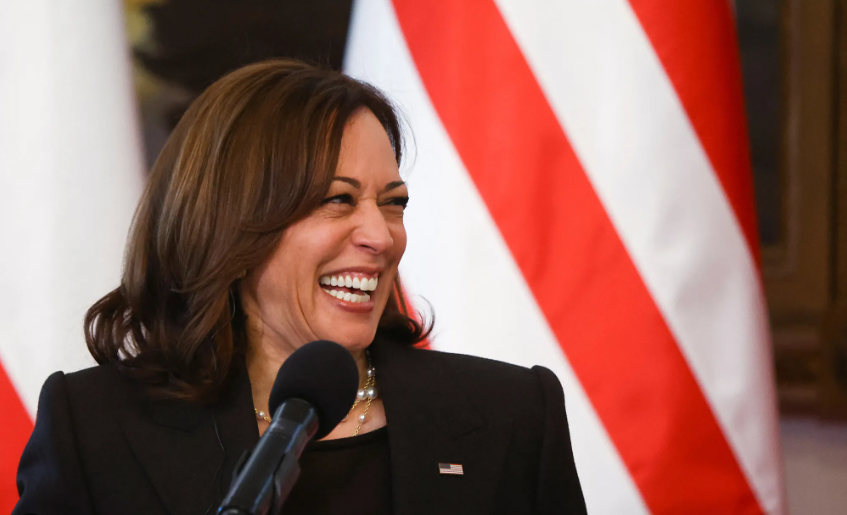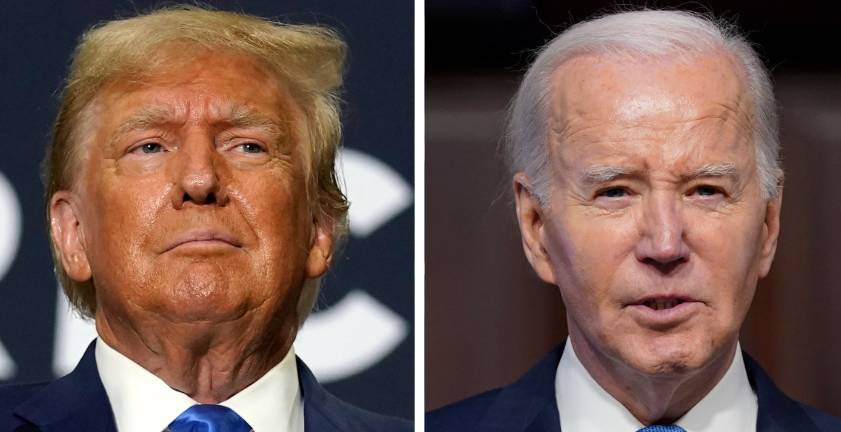
In a significant move aimed at bolstering consumer protections for air travelers, the Biden administration has introduced a new rule that promises to simplify the process for passengers to obtain cash refunds from airlines in cases of cancellations or significant delays. This rule, heralded as a major advancement in passenger rights, was issued on Wednesday and marks a crucial step in the administration’s ongoing efforts to hold airlines accountable and enhance service quality.
Addressing Passenger Frustrations
The push for stronger consumer protections in air travel gained momentum following a series of disruptive events that plagued the airline industry. Notably, the chaos during the 2022 winter holiday season, which saw nearly 17,000 flights canceled by Southwest Airlines alone, left over two million passengers stranded and prompted widespread outcry. Such disruptions highlighted the urgent need for regulatory action to protect passengers from the fallout of airline operational issues.
What the New Rule Entails
Under the new regulation, if a flight is canceled or delayed significantly—defined as more than three hours for domestic flights and six hours for international flights—airlines must offer a cash refund, not just vouchers for future travel. This marks a departure from previous practices where airlines often issued vouchers, which many passengers found restrictive and less valuable than cash refunds.
Transportation Secretary Pete Buttigieg emphasized the importance of this rule, stating, “Passengers deserve to get their money back when an airline owes them — without headaches or haggling. Our new rule sets a new standard to require airlines to promptly provide cash refunds to their passengers.”
Comprehensive Refund Policies
The rule also stipulates that refunds must be processed quickly and returned in the same form as the original payment. Specifically, airlines are required to process refunds within seven business days for purchases made by credit card and within 20 calendar days for other forms of payment, such as travel points or miles.
Furthermore, the regulation extends to cover a wider range of scenarios. For example, if passengers end up at a different airport than originally planned, experience an unexpected change in their connections, or receive a downgrade in service class, they are now eligible for refunds. This includes all associated taxes and fees, enhancing transparency and fairness in airline pricing.
Expanding Disclosure Requirements
In addition to the refund rule, the Department of Transportation (DOT) issued another directive requiring airlines and third-party ticket sellers to disclose any additional fees at the point of sale. This includes charges for checked bags, carry-ons, and changes or cancellations, ensuring that consumers can make informed decisions based on the total cost of travel.
Ensuring Fair Treatment
The new regulations also address the needs of travelers who cancel their trips due to illness by requiring airlines to provide a voucher or travel credit that is valid for five years and transferable. This adjustment is particularly relevant in the context of the ongoing concerns for health and safety in the wake of the pandemic.
Industry Response and Challenges
While Airlines for America, a major industry trade group, has stated that its members already meet or exceed existing DOT regulations, the new rules aim to standardize and enforce these practices across all carriers. The airline industry has issued substantial refunds in the past, particularly during the height of the pandemic, but the new rule ensures that such practices are not voluntary but mandatory.
Looking Ahead
As these new rules take effect, they promise to reshape the landscape of air travel in favor of passengers. By ensuring more transparent pricing and obligating airlines to issue timely refunds, the Biden administration is taking significant steps to protect air travelers and hold airlines accountable. This is a welcome change for many, especially those who have faced frustration and financial losses from past travel disruptions.











